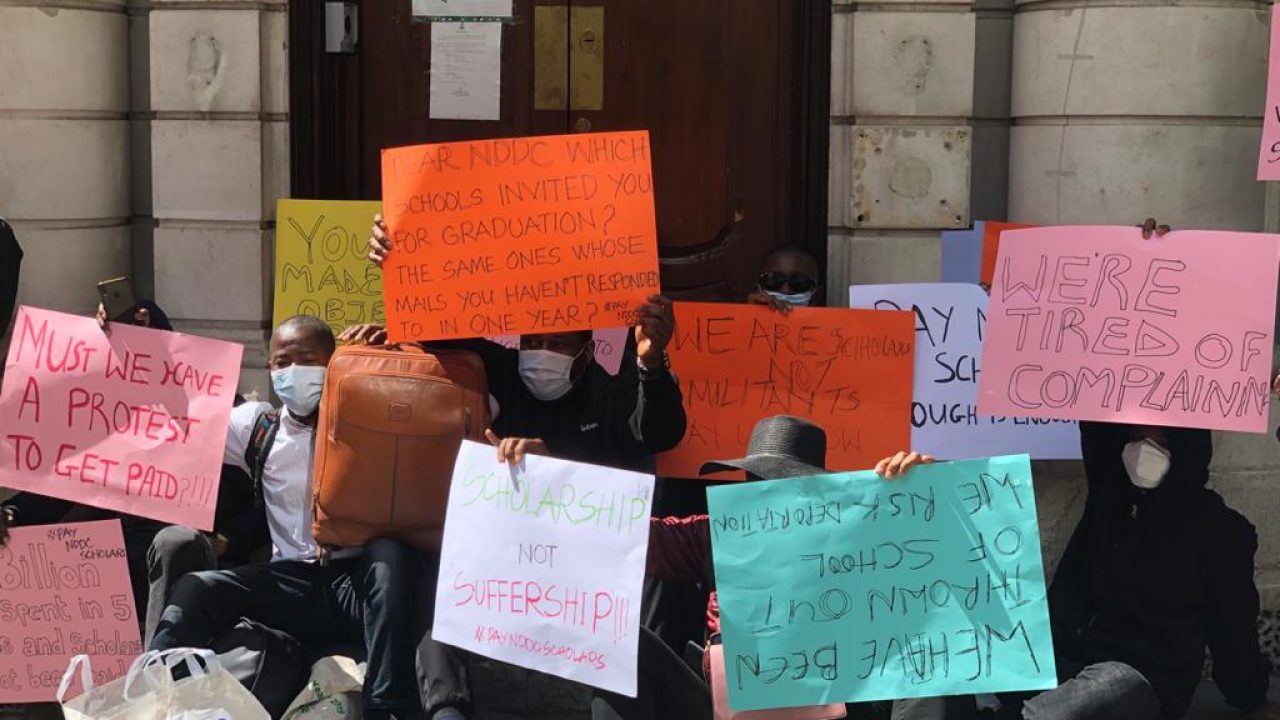The Imo State Administration of Criminal Justice Law, 2020 empowers the state governor to detain anyone at his pleasure without the need for a court warrant.
Sections 484 and 485 of the law provide that the governor may effect such detention notwithstanding the provisions of any other law.
The recently signed law, a copy of which TheCable obtained on Friday, does not recognise the need for an arrest warrant for any person who it deems to be “in legal custody”.
Section 484 of the law reads: “Where any person is ordered to be detained during the Governor’s pleasure he shall notwithstanding anything in this Law or in any other written law contained be liable to be detained in such place and under such conditions as the Governor may direct and whilst so detained shall be deemed to be in legal custody.”
Advertisement
Section 485 provides that such person “detained during the Governor’s pleasure may at any time be discharged by the Governor on license” and that “a license under subsection (1) of this section may be in such form and may contain such conditions as the Governor may direct”.
The section further states that such license “may at anytime be revoked or varied by the Governor”, adding: “Where license has been revoked the person to whom the license relates shall proceed to such place as the Governor may direct and if he fails to do so, may be arrested without warrant and taken to such place.”
The provision is seen to be against the provisions of sections 34 and 35 of the 1999 constitution, which guarantee the fundamental rights to freedom of liberty and human dignity.
Advertisement
Section 35(4) specifically provides that any person who is arrested or detained ”shall be brought before a court of law within a reasonable time”.
Subsection five states such period could be one day “in the case of an arrest or detention in any place where there is a court of competent jurisdiction within a radius of forty kilometres” or two days/longer period as may
be considered by the court “in any other case”.
1 comments








Should the world not apologize to Hitler, Idi Amin and the like if this “law” is implemented?